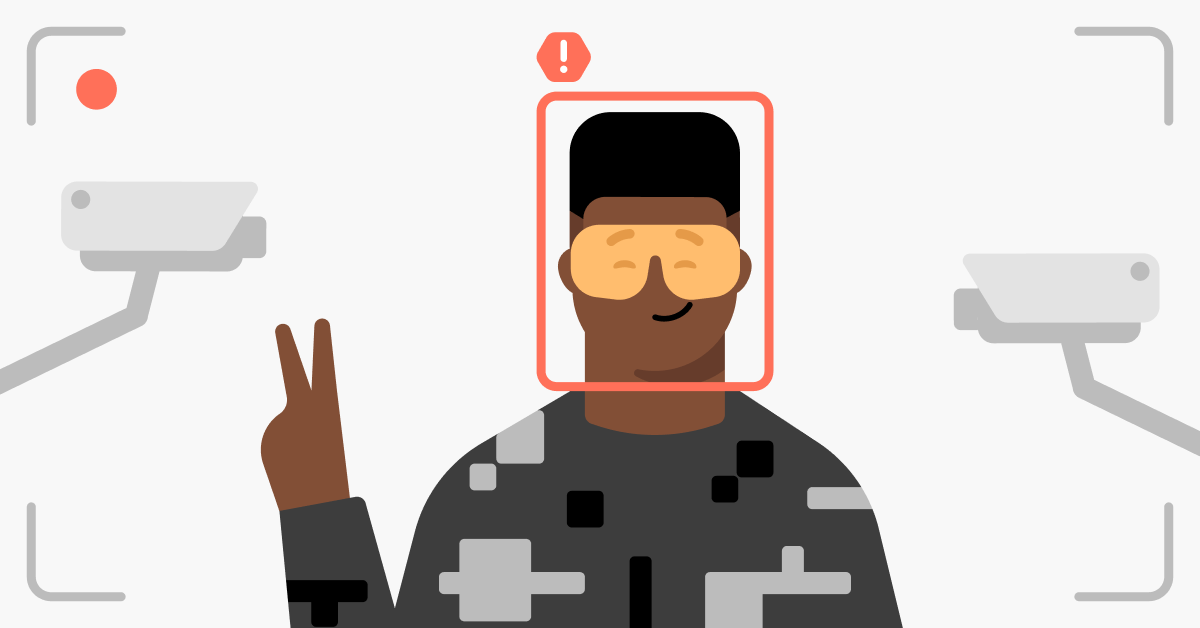iCloud Private Relay vs. VPN: Are they the same, and which one is better?
iCloud Private Relay and a VPN both hide IP addresses and encrypt online traffic. Seemingly similar, they are two distinct tools that cannot be considered alternatives to each other. Discover the similarities and differences between Apple Private Relay and a VPN and decide which is better suited for your needs.
Contents
What is iCloud Private Relay?
iCloud Private Relay is a browser-specific feature that encrypts your online traffic, namely domain name system (DNS) requests and IP address location, when browsing Safari. As a result, internet service providers (ISPs) and the web pages you visit cannot pin down your identity and profile you according to your searches in Safari.
Apple released Private Relay with the iOS 15 update in 2021 and made it available for iCloud+ subscribers on iPad, iPhone, and Mac.
How does iCloud Private Relay work?
iCloud Private Relay works by sending your web requests in the Safari browser through two internet relays. The first is a server belonging to Apple, which makes sure your DNS request is hidden from your ISP. Actually, your DNS record is encrypted even before it reaches the first server, so that even Apple itself cannot see what websites you’re trying to reach. However, at this stage, the ISP can see that the request has been made from your IP address, which remains unhidden.
The second relay is a server belonging to a third party. It generates a temporary IP address, disguising your real one from the web page you want to access. Afterward, the second relay decrypts the DNS record and sends it a request to connect from a new IP address.
In short, in the first relay, Apple and your ISP can see who you are but not where you want to go online, while in the second relay, third-party server providers can see which websites you want to access but not who you are.
Is iCloud Private Relay the same as a VPN?
At first glance, iCloud Private Relay and a virtual private network (VPN) may look like the same thing: Both encrypt your online traffic and both hide your IP address. However, the scope of their functions makes them two distinct tools that cannot be considered as alternatives.
iCloud Private Relay encrypts only your web traffic in Safari, meaning all other online traffic on your device remains unprotected. Meanwhile, a VPN encrypts your entire network connection, regardless of which browser or operating system you use. A VPN is an essential tool whenever you connect to the internet over a public network because it leaves no space for malicious entities to intercept your connection.
When a VPN routes your internet traffic through its servers, it disguises both your IP address and online traffic from third parties simultaneously. In contrast, with Apple Private Relay, your real IP address remains visible to Apple without the company being able to see where online you’re aiming to go.
Private relay hides your actual IP address by assigning you an IP address of a server in the same geolocation. In comparison, VPN service providers allow you to choose from a number of servers outside of your country or region and, by doing so, completely change your virtual location.
iCloud Private Relay vs. a VPN
The main difference between iCloud Private Relay and a VPN is that a VPN encrypts all traffic to and from your device, while Private Relay only encrypts DNS requests when you’re using the Safari browser. A VPN allows you to change your virtual location completely, while Private Relay can only mask your IP address.
| iCloud Private Relay | VPN | |
|---|---|---|
| Encrypts: | traffic only in Safari browser | device-wide online traffic |
| Allows you to use servers: | in nearby locations | anywhere in the world |
| Additional security features: | are not provided | are provided |
Both iCloud Private Relay and a VPN have their strengths and weaknesses, which you should consider before deciding which one you prefer.
Advantages of using Apple Private Relay
If you’re a sworn user of iOS devices, using iCloud Private Relay may appeal to you because:
- It’s integrated into the Apple ecosystem. Once you turn Private Relay on for one of your iOS devices, it instantly synchronizes across your other Apple devices tied to the same iCloud account.
- It’s included in the iCloud+ plan. If you subscribe to iCloud+, Private Relay comes as a perk for no additional cost.
- It’s simple to configure. You can turn on Private Relay on any of your Apple devices by going to your Apple ID’s iCloud section – no additional configuration is required.
Advantages of using a VPN
A VPN is a tool that works on a broader spectrum than iCloud, offering:
- Compatibility with various devices. A VPN can be used for many different devices, regardless of their brand and operating system. It can cover everything from your mobile phone to your smart home solutions.
- Robust encryption protocols. Reputable providers typically offer top-grade VPN encryption, which is virtually impenetrable by hackers who may attempt to intercept your connection. For instance, NordVPN uses AES-256 encryption, considered one of the most robust encryptions in existence.
- Customization. VPN users usually have the option to customize their VPN service settings, tailoring them to their specific needs and preferences.
- Additional security features. VPN services typically come with various security features, including a VPN kill switch, DNS leak protection, and a no-logs policy.
Limitations of using Apple Private Relay
Once you decide to rely on iCloud Private Relay, you should also be aware of its shortcomings:
- Limited compatibility. Apple Private Relay is only compatible with iOS devices and cannot be adapted to other operating systems.
- Works only in Safari. The protection the Private Relay feature offers applies only to the Safari browser. If you’re roaming the internet with another browser, your connection will remain unguarded.
- Geographic restrictions. Some countries limit the functionalities or even restrict the use of iCloud Private Relay.
Limitations of using a VPN
As with any other online tool, a VPN has its own limitations and risks to consider:
- Slightly reduced speed. To secure your online traffic, a VPN encrypts your data and connection over the network, rerouting it through a VPN server. Depending on how far and how busy the server you’re connecting to is, a VPN may slow down your internet speed.
- Services offered by third-party providers. The quality and trustworthiness of VPN services depend solely on the provider. It means picking a reputable VPN provider that follows the highest security standards is crucial. Though you can find many free VPN services accessible online, keep in mind that their providers may sell your data to third parties and track your online activities to make a profit.

